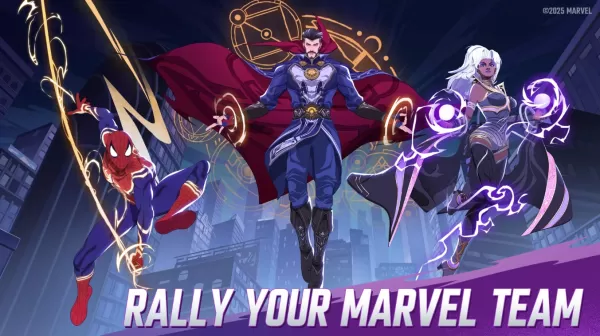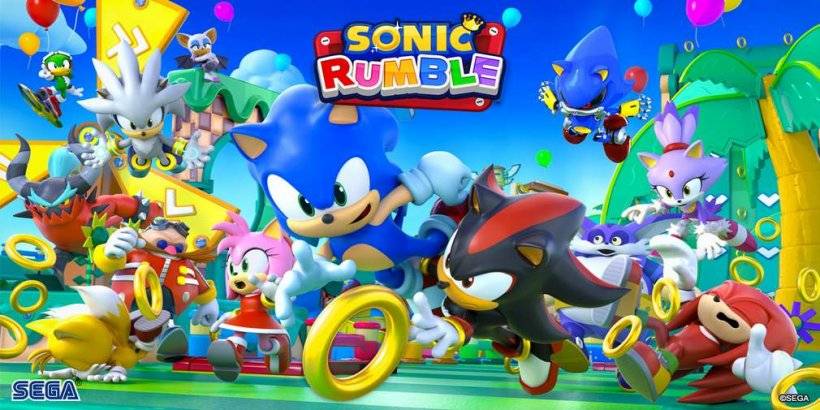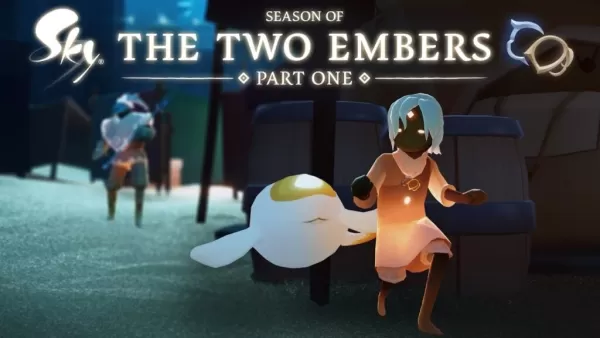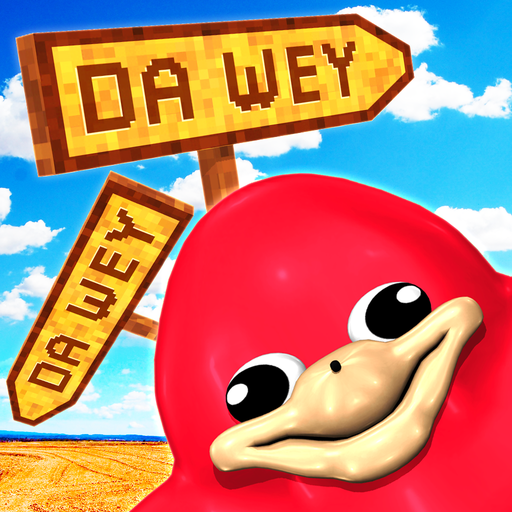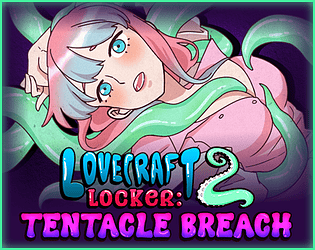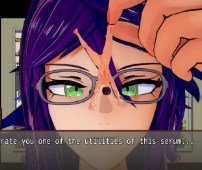Nintendo has long been known for its aggressive stance against emulators and piracy, with several high-profile legal actions underscoring this approach. In March 2024, the developers of the Nintendo Switch emulator Yuzu were ordered to pay $2.4 million in damages following a court settlement with Nintendo. This was followed in October 2024 by the cessation of development for another Switch emulator, Ryujinx, after "contact from Nintendo." Additionally, in 2023, the developers of Dolphin, an emulator for GameCube and Wii, were advised against a full Steam release by Valve's lawyers, who had been contacted by Nintendo's legal team with "strong legal wording."
Perhaps one of the most notable cases was that of Gary Bowser, a reseller of Team Xecuter products that enabled users to bypass the Nintendo Switch's anti-piracy measures. In 2023, Bowser was charged with fraud and ordered to pay $14.5 million in restitution to Nintendo, a debt he will be repaying for the rest of his life.
Recently, a patent lawyer representing Nintendo, Koji Nishiura, Assistant Manager of the Intellectual Property Division, shed light on the company's approach to piracy and emulation at the Tokyo eSports Festa 2025. In a report by Denfaminicogamer (via VGC), Nishiura, alongside "Intellectual Property Managers" from Capcom and Sega, discussed the legal frameworks designed to protect companies' intellectual property. According to a translation by Automaton, Nishiura stated, "To begin with, are emulators illegal or not? This is a point often debated. While you can’t immediately claim that an emulator is illegal in itself, it can become illegal depending on how it’s used."
Nishiura further elaborated that emulators could be considered illegal if they copy a program from the game they are running, which may constitute copyright infringement. Similarly, if an emulator can disable a console’s security mechanisms, it could also fall under this category. This perspective is influenced by Japan's “Unfair Competition Prevention Act” (UCPA), which, while enforceable only in Japan, poses challenges for Nintendo in pursuing legal action overseas.
During the talk, a slide presentation highlighted the example of the Nintendo DS "R4" card, which allowed users to circumvent and run backed-up or pirated games on a single cartridge. Following complaints from Nintendo and 50 other software manufacturers, a ruling was secured in 2009 that deemed the R4's manufacturers and resellers in violation of the UCPA, effectively outlawing sales of the R4.
Nishiura also discussed tools that facilitate the download of pirated software within emulators or software, known as "reach apps" in Japanese law. Examples include the 3DS's "Freeshop" and the Switch's "Tinfoil," both of which could be considered violations of copyright laws.
In its lawsuit against Yuzu, Nintendo claimed that The Legend of Zelda: Tears of the Kingdom was pirated one million times, alleging that Yuzu's Patreon page enabled its developers to earn $30,000 per month by offering subscribers "daily updates," "early access," and "special unreleased features" to games like Tears of the Kingdom.

